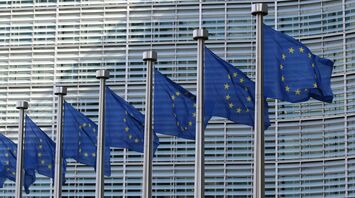Enhanced EU Consumer Protection: What It Means for Travelers

The European Commission has released two reports emphasizing the need for stronger cross-border enforcement cooperation among EU consumer protection authorities. These findings are crucial for travelers, who rely heavily on fair practices in both digital and physical marketplaces while planning and experiencing their trips.
The first report, the Biennial Report, covers the activities of the Consumer Protection Cooperation (CPC) network from 2022 to 2023. It identifies key market trends and areas of concern, particularly in digital fairness related to price transparency, influencer marketing, and artificial intelligence. These issues are particularly relevant to travelers who often book flights, accommodations, and tours online. The report highlights that compliance with basic online consumer rights remains around 50%, indicating a significant risk for travelers who may encounter misleading information or unfair pricing.
Data from annual sweeps underline the importance of transparent and fair practices in the travel industry. With the digital market being a primary platform for travel planning and purchases, ensuring that travelers are protected from deceptive practices is paramount.
The second report evaluates the practical application of the CPC Regulation since January 2020. It examines the impact of enforcement cooperation on traders' compliance with EU consumer protection laws. This report is particularly significant for travelers, as it underscores the need for stronger enforcement mechanisms to combat illegal practices in digital markets. Non-EU traders, who often play a major role in the travel industry, particularly in booking platforms and accommodation services, are highlighted as areas needing improvement in compliance.
Additionally, the rising popularity of "green travel" has led to an increase in deceptive practices by unscrupulous companies. These companies exploit the trend by making false claims about their environmental practices, a tactic known as greenwashing. Travelers might be misled into believing they are choosing eco-friendly options when, in reality, these companies do not adhere to genuine sustainable practices. This not only violates consumer protection laws but also undermines the efforts of legitimate businesses striving to offer truly sustainable travel options. The reports highlight that combating illegal green claims is a priority for the CPC network, aiming to ensure that travelers can trust the eco-friendly credentials of the services they choose.
For travelers, these reports signal both progress and the need for continued vigilance. The EU's commitment to enhancing consumer protection means that travelers can expect more transparent and fair dealings in the future. However, the ongoing challenges also mean that travelers should remain informed and cautious, particularly when dealing with non-EU traders.



















